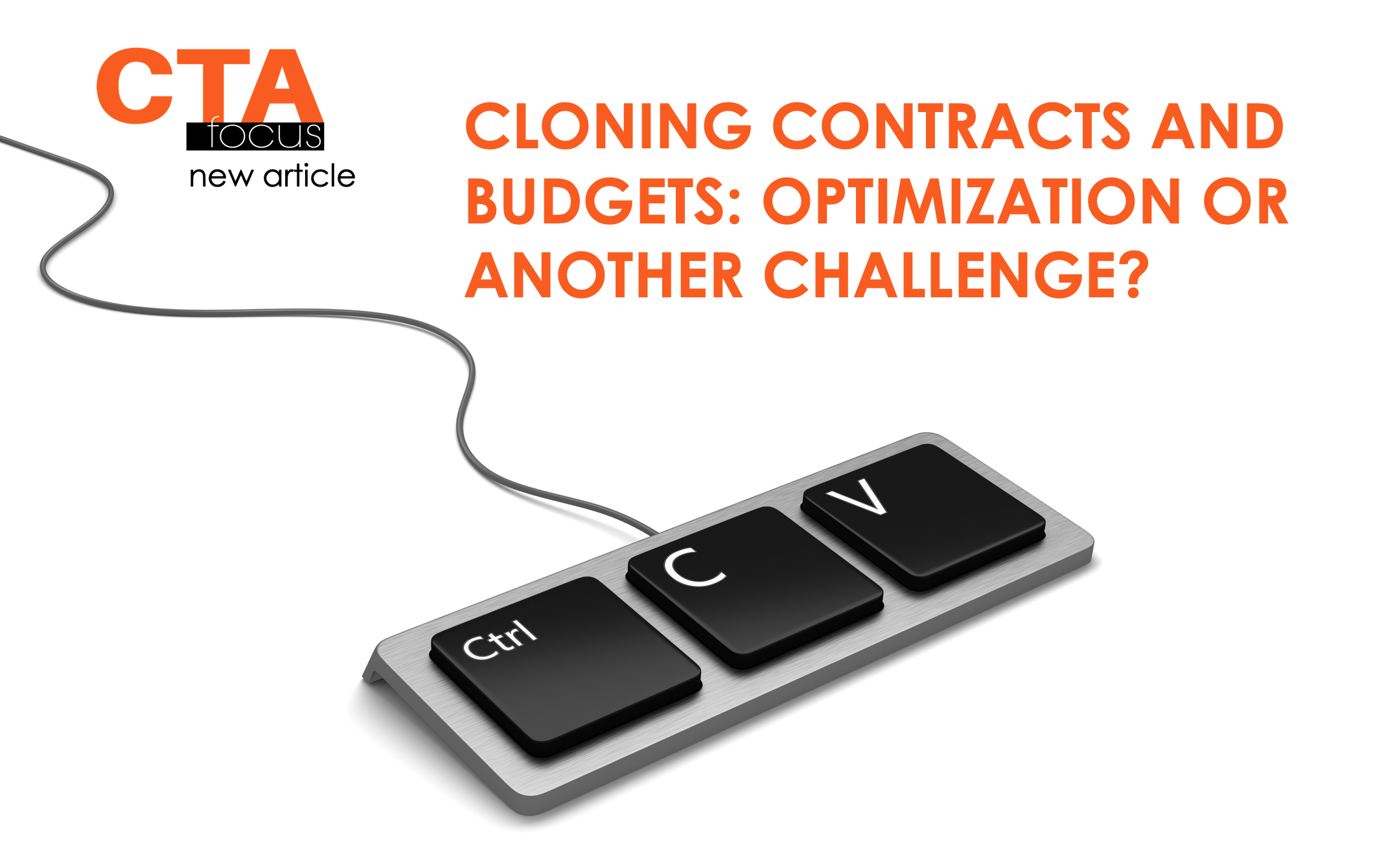
CLONING CONTRACTS AND BUDGETS: OPTIMIZATION OR ANOTHER CHALLENGE?
Very often when we deal with study extensions, roll-over studies or study programs for the same client, consisting of several similar studies conducted at the same sites, we need to re-negotiate budget and contract terms.
First idea that comes to mind is agreeing with the sites on using similar costs and wording from what was negotiated a few months back, for a similar study of the same client.
When this proposal works out well for our client, but also for the site it allows our team of international lawyers to shorten negotiation timelines. However ‘cloning’ won’t work out in terms of all budget items or previous agreed payment terms, and if the contract was negotiated a long time a ago as then we need to reconsider any potential legislation updates, newly implemented regulations and also any differentiation between the contractual language that we used to use.
Cloning can also be of no help in cases where a certain site-specific procedure is applied. An internal site’s procedures can be quite formalized and even if a study is very similar to the previous one, a site can start review and approval process from scratch, without exception.
Another point, cloning can also copy errors from the original study contract and/or budget, or even create new errors in case some objective data (site’s name, address, legislation references) changed. This is one of the reasons why we recommend a very thorough quality check process for every “clone”, and another pair of eyes verifying the redline contract against the original.
Considering the above, it is clear that cloning is a good and reasonable way which actually considers past experience and can eliminate the need of re-negotiation. Yet, it can play a cruel joke if it is not thoroughly thought over.
